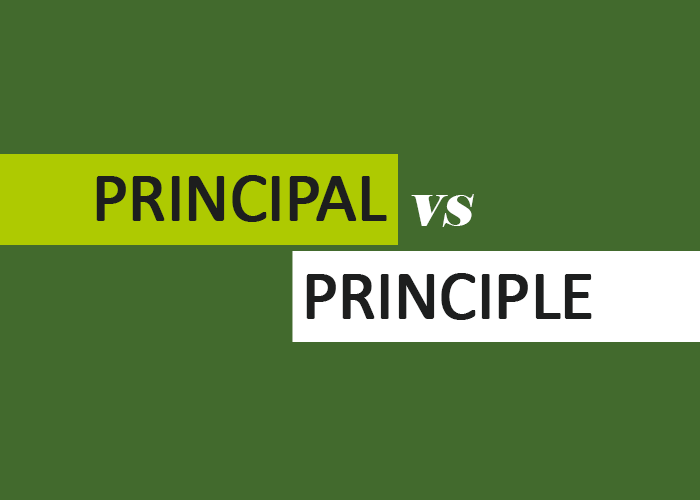

The Code of Conduct applies to you when you are acting in your capacity as a councillor which may include when: The term ‘capacity’ is not further defined in the Act. S27(2) of the Localism Act 2011 says that a local authority must adopt ‘a code dealing with the conduct that is expected of members and co-opted members of the authority when they are acting in that capacity.’ The LGA will undertake an annual review of this guidance and the code to ensure it continues to be fit for purpose, incorporating advances in technology, social media, case law and changes in legislation.įor the purposes of this guidance, we have adopted the definitions used in the Code of Conduct, for “councillor” and “local authority”.Īny comments on the use of the guidance or suggestions for improvement would be welcomed and should be sent to General principles of Councillor conduct We have also produced a standalone document without the embedded code intended to provide easy access to the guidance. This guidance embeds the provisions of the code and is structured to enable each chapter to be directly accessed. It is also to protect councillors, the public, local authority officers and the reputation of local government. While it sets out the minimum standards of behaviour expected, together with the guidance, it is designed to encourage councillors to model the high standards expected of councillors, to be mutually respectful even if they have personal or political differences, to provide a personal check and balance, and to set out the type of conduct that could lead to complaints being made of behaviour falling below the standards expected of councillors and in breach of the code. The code together with the guidance have been designed to protect our democratic role, encourage good conduct, and safeguard the public’s trust and confidence in the role of councillor in local government. We are therefore pleased to publish this supporting guidance which is aimed to help understanding and consistency of approach towards the code.


The consultation response also asked for supporting guidance to help understand some of the key provisions in greater depth with examples and case illustrations. Our aim was to make the code relatively short and easy to read rather than an overly-complex legal document as it needed to be accessible to councillors, officers, and the public alike. The code is a template for Local Authorities to adopt in whole and or with amendments to take into account local circumstances. The code was part of our work on supporting all tiers of local government to continue to aspire to high standards of leadership and performance, and our civility in public life programme. This was in response to the recommendation of the Committee of Standards in Public life Local Government Ethical Standards 2019. In December 2020, the Local Government Association (LGA) developed and published a Model Councillor Code of Conduct in association with key partners and following extensive consultation with the sector.


 0 kommentar(er)
0 kommentar(er)
